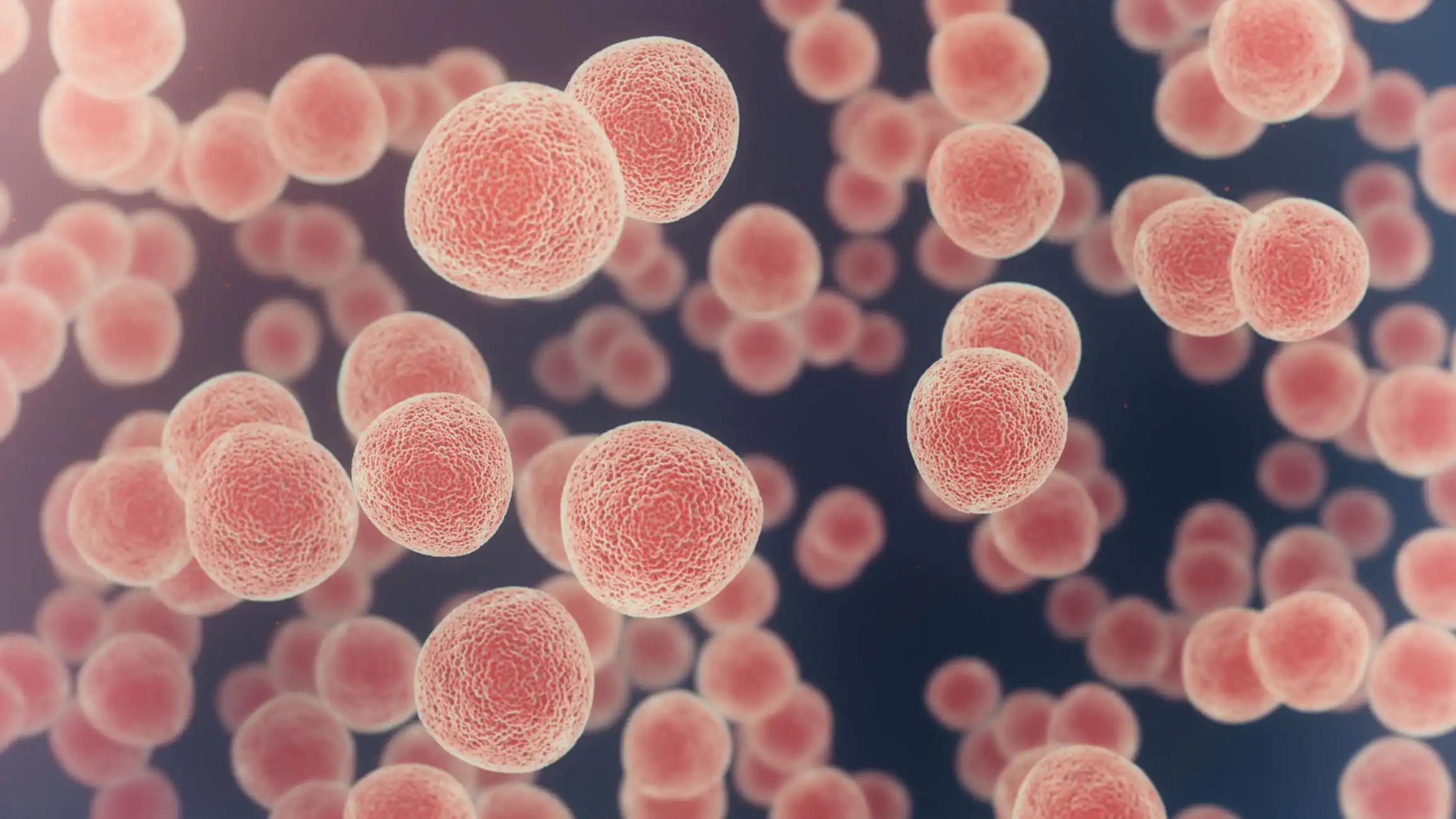KEY TAKEAWAYS
- The Phase 3 clinical trial (PAOLA-1/ENGOT-ov25) evaluated the efficacy of maintenance olaparib combined with bevacizumab in patients with newly diagnosed advanced high-grade ovarian cancer.
- The primary aim of this study was to investigate the potential correlation between mutations in non-BRCA1 or BRCA2 homologous recombination repair.
- Tumors from 806 patients were analyzed through the Myriad MyChoice HRD Plus assay to evaluate non-BRCA HRRm and HRD status.
- The study found that non-BRCA HRRm gene panels did not exhibit any prognostic value in terms of PFS advantage in maintenance therapy.
- Tumors with mutations in five homologous recombination repair genes (BLM, BRIP1, RAD51C, PALB2, and RAD51D) displayed genomic instability.
- It is not advisable to regard the present gene panels investigating HRRm as a replacement for HRD evaluation determined by BRCA mutation status.
The clinical trial PAOLA-1/ENGOT-ov25 evaluated the efficacy of maintenance olaparib combined with bevacizumab in patients with newly diagnosed advanced high-grade ovarian cancer. The results showed a notable improvement in progression-free survival (PFS) compared to using a placebo plus bevacizumab, especially in patients with tumors that tested positive for homologous recombination deficiency (HRD). The study aimed to investigate the potential correlation between mutations in non-BRCA1 or BRCA2 homologous recombination repair (non-BRCA HRRm) genes and the therapeutic efficacy of olaparib plus bevacizumab in PAOLA-1.
A total of 806 patients were randomly allocated in a ratio of 2:1. The tumors underwent analysis through the Myriad MyChoice HRD Plus assay to evaluate non-BRCA HRRm and HRD status. The HRD status was determined based on a genomic instability score (GIS) of ≥ 42. In this preliminary investigation, progression-free survival (PFS) was evaluated in individuals carrying harmful mutations utilizing six non-BRCA homologous recombination repair (HRR) gene panels, comprising three newly developed for this study and three previously documented.
The prevalence of non-BRCA homologous recombination deficiency (HRRm) varied between 3.7% to 9.8% based on the gene panel employed, while 18.9% of the subjects had HRD-positive tumors with non-BRCA1 or BRCA2 mutations. Most tumors containing non-BRCA homologous recombination deficiency mutations exhibited a low median genomic instability score. Tumors with mutations in five homologous recombination repair genes (BLM, BRIP1, RAD51C, PALB2, and RAD51D) displayed a genomic instability score greater than 42. The incidence of gene-specific biallelic loss varied significantly (ranging from 0% to 100%) in non-BRCA HRRm tumors when compared to BRCA1-mutated (99%) or BRCA2-mutated (86%) tumors. The hazard ratios for progression-free survival (PFS) across all gene panels tested were found to range from 0.92 (with a 95% confidence interval of 0.51 to 1.73) to 1.83 (with a 95% confidence interval of 0.76 to 5.43).
Recognizing the constraints posed by small subgroup sizes, it was observed that non-BRCA HRRm gene panels did not exhibit any prognostic value in terms of progression-free survival (PFS) advantage in the context of maintenance therapy with olaparib and bevacizumab compared to placebo and bevacizumab in PAOLA-1, regardless of the specific gene panel employed. It is not advisable to regard the present gene panels investigating homologous recombination deficiency (HRRm) as a replacement for HRD evaluation determined by BRCA mutation status and genomic instability testing in initial high-grade ovarian cancer management.
Source:https://pubmed.ncbi.nlm.nih.gov/36716415/
Clinical Trail: https://clinicaltrials.gov/ct2/show/NCT02477644
Pujade-Lauraine E, Brown J, Barnicle A, Wessen J, Lao-Sirieix P, Criscione SW, du Bois A, Lorusso D, Romero I, Petru E, Yoshida H, Vergote I, Colombo N, Hietanen S, Provansal M, Schmalfeldt B, Pignata S, Martín Lorente C, Berton D, Runnebaum IB, Ray-Coquard I. Homologous Recombination Repair Gene Mutations to Predict Olaparib Plus Bevacizumab Efficacy in the First-Line Ovarian Cancer PAOLA-1/ENGOT-ov25 Trial. JCO Precis Oncol. 2023 Jan;7:e2200258. doi: 10.1200/PO.22.00258. PMID: 36716415; PMCID: PMC9928987.



